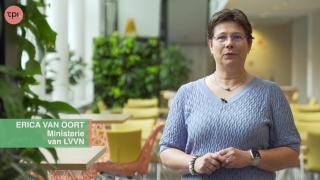Toxicoepigenetics on histones using mass spectrometry
Toxicoepigenetics is an emerging field that studies the toxicological impact of compounds on protein expression through heritable, non-genetic mechanisms, such as histone post-translational modifications (hPTMs). Due to substantial progress in the large-scale study of hPTMs, integration into the field of toxicology is promising and offers the opportunity to gain novel insights into toxicological phenomena. Moreover, there is a growing demand for high-throughput human-based in vitro assays for toxicity testing, especially for developmental toxicity. Consequently, we developed a mass spectrometry-based proof-of-concept to assess a histone code screening assay capable of simultaneously detecting multiple hPTM-changes in human embryonic stem cells. To prove the applicability and performance, we first validated the untargeted workflow with valproic acid (VPA), a histone deacetylase inhibitor. These results demonstrate that our workflow is capable of mapping the hPTM-dynamics, with a general increase in acetylations as an internal control. To illustrate the scalability, a dose-response study was performed on a proof-of-concept library of ten compounds i) with a known effect on the hPTMs (BIX-01294, 3-Deazaneplanocin A, Trichostatin A, and VPA), ii) classified as highly embryotoxic by the European Centre for the Validation of Alternative Methods (ECVAM) (Methotrexate, and All-trans retinoic acid), iii) classified as non-embryotoxic by ECVAM (Penicillin G), and iv) compounds of abuse with presumed developmental toxicity (ethanol, caffeine, and nicotine). In conclusion, we show that toxicoepigenetic screening on histones is feasible and yields very rich data that can contribute to the (safe) development of drugs and holds potential, not only for applications in the pharmaceutical industry, but also for environmental toxicity and food safety.
Lab website: https://www.progentomics.ugent.be/
Linkedin: https://www.linkedin.com/in/sigrid-verhelst-a54798172/
ResearchGate: https://www.researchgate.net/profile/Sigrid-Verhelst
New

Helpathon #12 – Can you help Erica?

The NAM Navigator: A unique repository for information on the validation and acceptance of New Approach Methodologies
